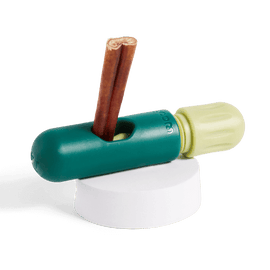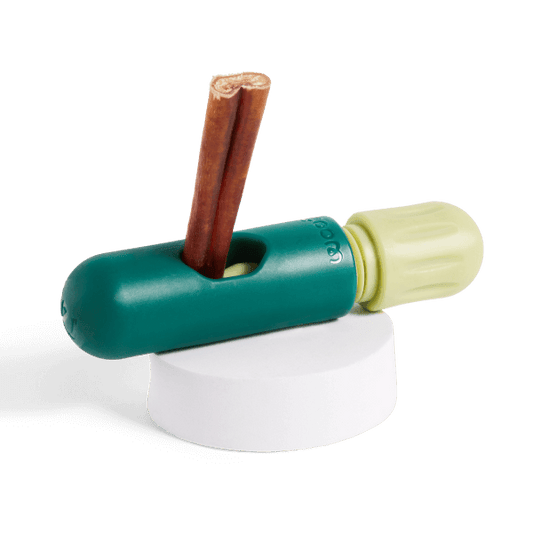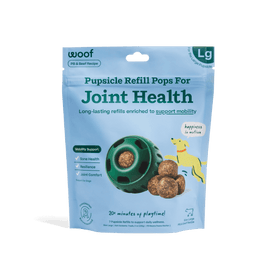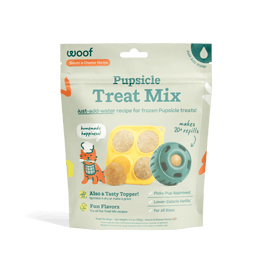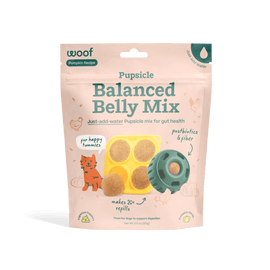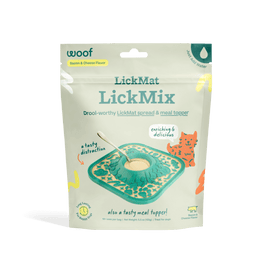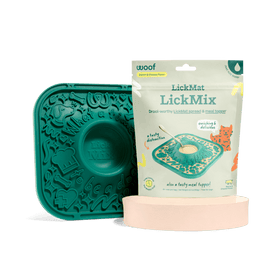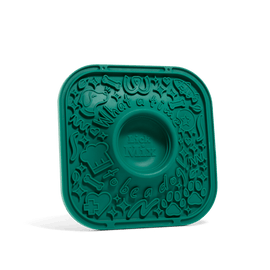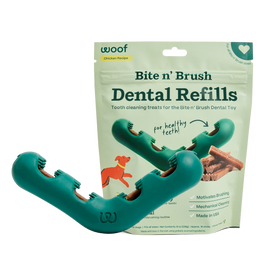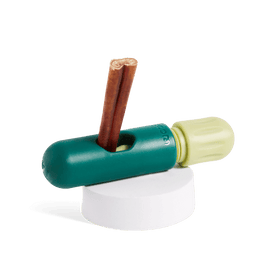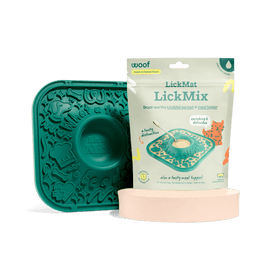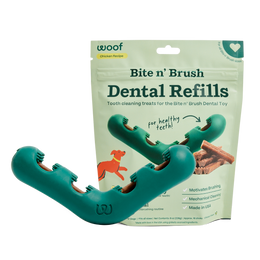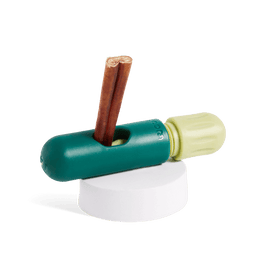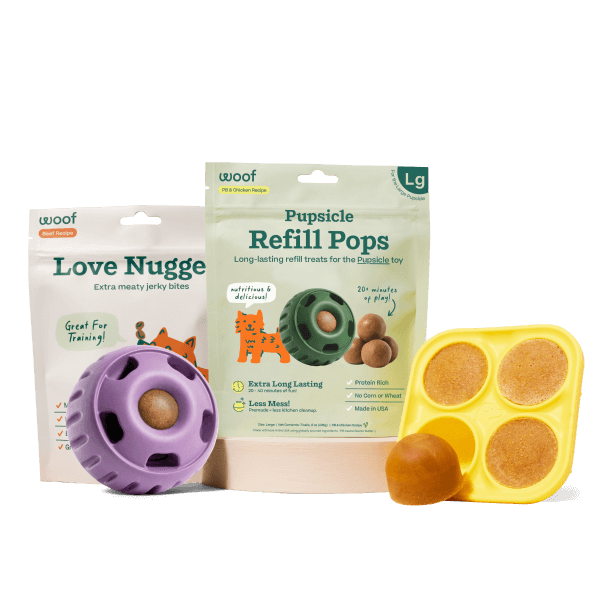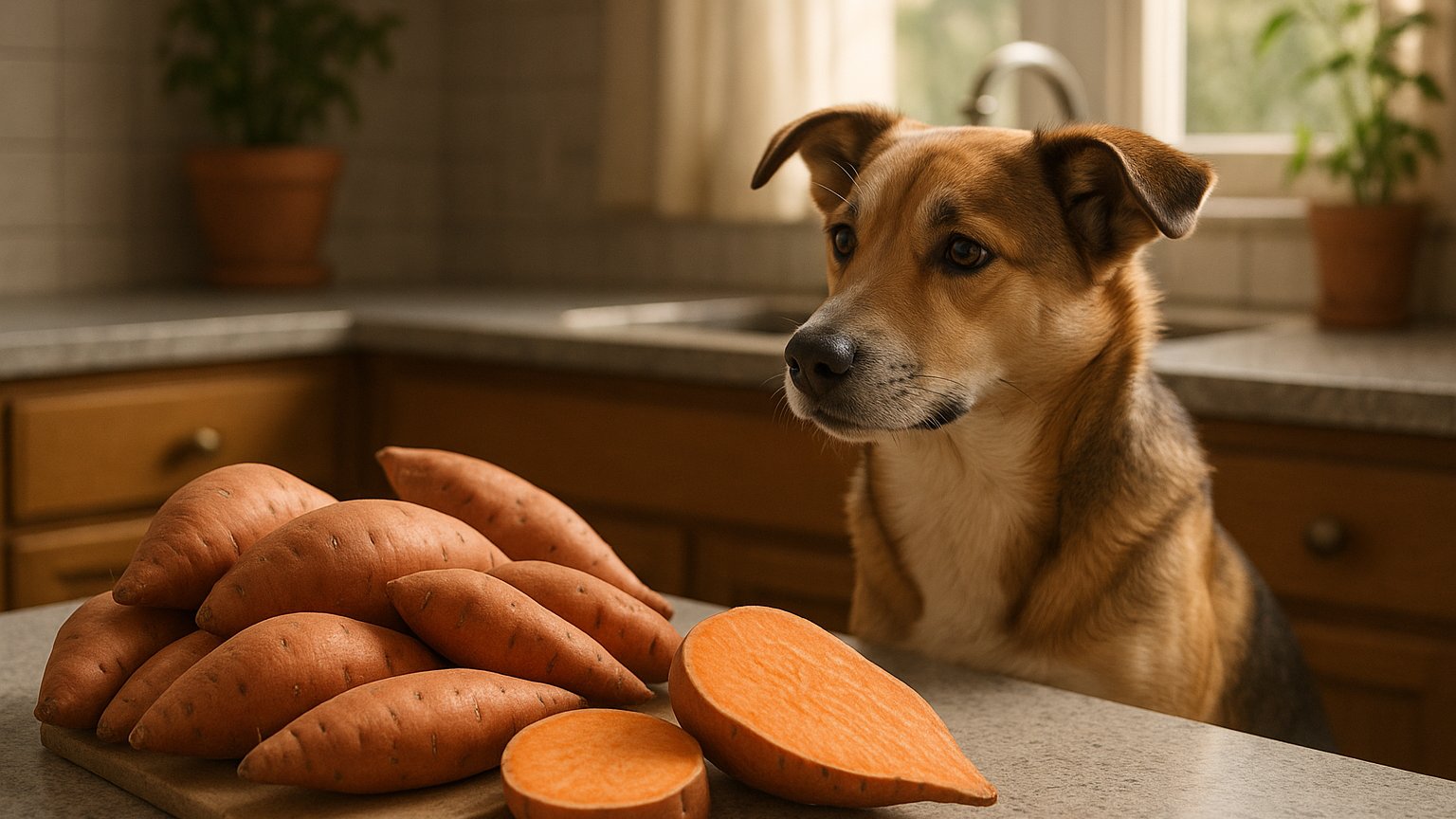
S
weet potatoes are more than just a tasty side dish for humans—they're also a nutritious option for your canine companion! Packed with vitamins, fiber, and antioxidants, sweet potatoes can offer several health benefits for dogs when prepared and served correctly. However, like any treat, moderation and proper preparation are key to ensuring your dog's safety and well-being.In this blog post, we'll explore the benefits and potential risks of feeding sweet potatoes to dogs, how to prepare them safely, and how to incorporate them into your dog's diet.
Benefits of Sweet Potatoes for Dogs
Sweet potatoes are rich in nutrients that can support your dog's overall health:
- Rich in Fiber: The high fiber content in sweet potatoes aids in digestion, promoting regular bowel movements and supporting a healthy gut.
- Packed with Vitamins: Sweet potatoes are an excellent source of vitamins A and C, which are essential for maintaining healthy vision, skin, and immune function.
- Antioxidant Properties: The antioxidants in sweet potatoes help combat free radicals, reducing inflammation and supporting overall health.
- Low in Fat: Sweet potatoes are low in fat and calories, making them a healthy treat option for dogs needing to manage their weight.
Potential Risks of Feeding Sweet Potatoes to Dogs
While sweet potatoes can be a healthy addition to your dog's diet, there are some considerations to keep in mind:
- Overconsumption: Feeding too much sweet potato can lead to digestive upset, including diarrhea or vomiting. It's important to introduce sweet potatoes gradually and monitor your dog's response.
- Preparation Matters: Raw sweet potatoes can be difficult for dogs to digest and may pose a choking hazard. Always cook sweet potatoes thoroughly and avoid adding any seasonings or additives.
- Allergic Reactions: While rare, some dogs may have allergies or sensitivities to sweet potatoes. If you notice signs of an allergic reaction, such as itching, swelling, or gastrointestinal issues, discontinue feeding sweet potatoes and consult your veterinarian.
How to Safely Serve Sweet Potatoes to Your Dog
To safely incorporate sweet potatoes into your dog's diet:
- Cook Thoroughly: Always cook sweet potatoes by boiling, baking, or steaming them. Avoid frying or adding any seasonings.
- Remove Skins: Peel the sweet potatoes before serving to prevent any potential choking hazards.
- Serve in Moderation: Start with small amounts and observe your dog's reaction. Sweet potatoes should not exceed 10% of your dog's daily caloric intake.
- Use as a Treat: Sweet potatoes can be used as an occasional treat or mixed into your dog's regular meals for added nutrition.
Incorporating Sweet Potatoes into Your Dog's Diet
Sweet potatoes can be a versatile addition to your dog's diet:
- Homemade Treats: Mash cooked sweet potatoes and freeze them in molds to create homemade dog treats.
- Stuffed Toys: Fill a LickMat or similar enrichment toy with mashed sweet potatoes to provide mental stimulation and slow feeding.
- Mix with Meals: Add small amounts of cooked sweet potatoes to your dog's regular food for added flavor and nutrition.
Conclusion
Sweet potatoes can be a healthy and delicious addition to your dog's diet when prepared and served correctly. They offer a range of nutritional benefits that can support your dog's overall health. Remember to introduce sweet potatoes gradually, serve them in moderation, and consult your veterinarian if you have any concerns about incorporating them into your dog's diet.
For more information on healthy dog treats and products, explore our Treats Collection or check out our All Products page.



